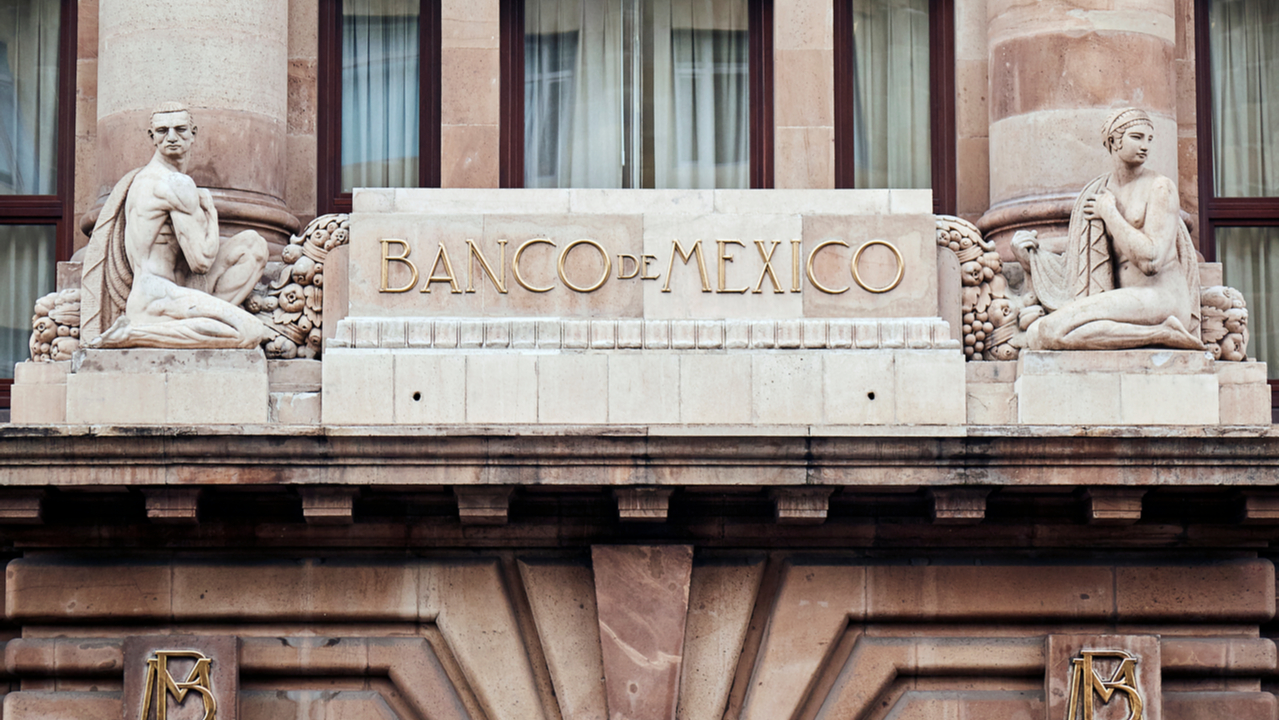Private Banks Propose to Help Design Digital Currency in Mexico
Publikováno: 27.2.2022
 Private banks in Mexico want to join efforts with the central bank of the country in the creation of a new digital currency. The president of the Mexican Bank Association (ABM) met with the governor of the Bank of Mexico to offer the help of the group of private banks for the creation of a […]
Private banks in Mexico want to join efforts with the central bank of the country in the creation of a new digital currency. The president of the Mexican Bank Association (ABM) met with the governor of the Bank of Mexico to offer the help of the group of private banks for the creation of a […]

Private banks in Mexico want to join efforts with the central bank of the country in the creation of a new digital currency. The president of the Mexican Bank Association (ABM) met with the governor of the Bank of Mexico to offer the help of the group of private banks for the creation of a national digital currency in the future.
Private Banks Want to Be Involved in Potential CBDC
Members of the Mexican Bank Association have stated their intention of helping the central bank of the country in the design and issuance of a potential central bank digital currency (CBDC). The president of the association, Daniel Becker, met with the governor of the Bank of Mexico, Victoria Rodríguez Ceja, to review some important factors related to making banks more accessible for Mexican citizens.
About the meeting, Becker stated:
If Banxico determines that the banking opinion can help build better elements or a cryptocurrency, count on us and the best banking opinion so that it is something that provokes and has a more efficient and robust financial system that reaches more Mexicans as a consequence.
Becker also welcomed the introduction of a digital currency to lower the cost of transactions and achieve better interoperability using blockchain.
Mexico and Crypto
Mexico is one of the countries with less banking penetration in its community, according to several reports. Many believe that cryptocurrencies and their introduction in the country might improve financial inclusion, but the Bank of Mexico has not made a direct statement on the potential issuance of such a national digital currency.
However, the official account of the presidency of Mexico did announce the creation of a digital version of the peso back in January. At that time, the institution stated the bank had plans to issue this currency and mentioned 2024 as the target date for this development to be ready. This is why private banks are approaching the Central Bank of Mexico to be included in the planning phase of this hypothetical upcoming digital currency.
This would put Mexico in a group of countries that are currently planning or already developing their own digital currencies, including China and the Bahamas. the European Union is also studying to launch its own digital euro, with the European Commission planning to launch consultations for the currency in March.
What do you think about the possible involvement of private banks in the issuance of a digital peso in Mexico? Tell us in the comments section below.